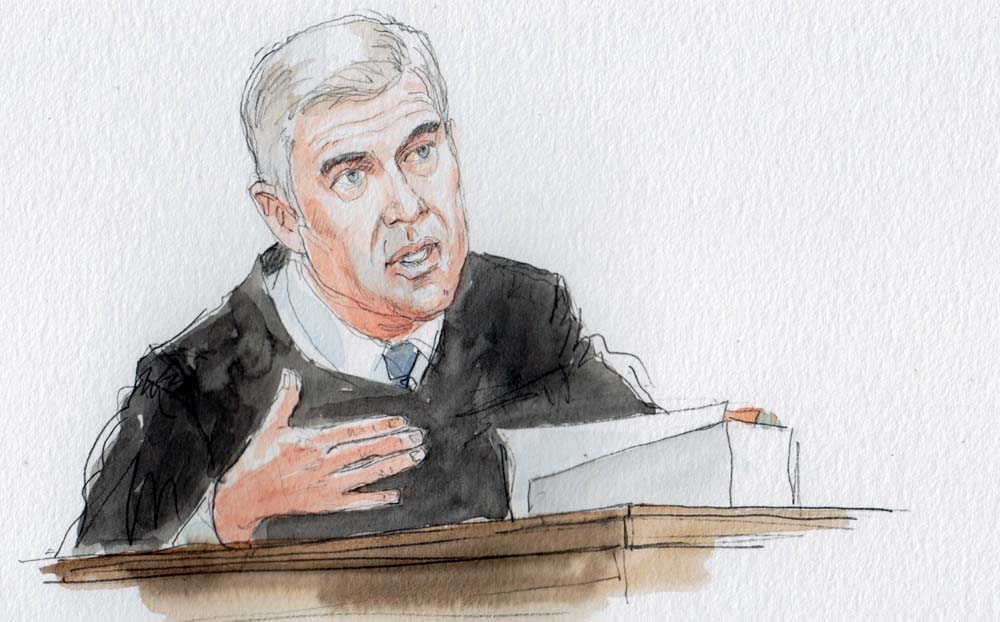Gorsuch turns down Colorado churches’ request to block COVID restrictions


In the latest battle over restrictions imposed during the COVID-19 pandemic, Justice Neil Gorsuch rejected a request from two Denver-area churches to block the enforcement of Colorado’s disaster law. Denver Bible Church and Community Baptist Church had sought broad relief, asking the court not only to halt any COVID-19 restrictions based on the law that would interfere with the churches’ ability to exercise their religion but also urging the justices to overrule a century-old decision upholding compulsory vaccination laws. Gorsuch, who fields emergency requests from Colorado and neighboring states, denied the churches’ request on Tuesday without referring it to the full court and without any explanation.
The denial follows a series of other recent rulings on the court’s shadow docket in which the court has granted emergency relief to religious groups seeking exemptions from state limits on in-person gatherings. Among those rulings was an April decision in Tandon v. Newsom, in which the court ruled 5-4that group prayer meetings were entitled to an exemption from California’s policy limiting gatherings in homes during the pandemic.
In the Colorado case, Denver Bible Church v. Polis, the churches sued state and federal officials in September, alleging (among other things) that state COVID orders violated the First Amendment. In October, a federal district court agreed in part and barred Colorado from enforcing occupancy restrictions and mask mandates for worship services. After Colorado made changes to its public health orders, the U.S. Court of Appeals for the 10th Circuit dismissed the state’s appeal challenging the district court’s order; the court of appeals also rejected the churches’ request for an emergency order in its quest for broader relief.
The churches came to the Supreme Court in early May, arguing that the Colorado disaster law contains “sweeping exemptions” for secular activities but no comparable exemptions for religious worship. Under the Tandon ruling, the churches argued, the law should be subject to strict scrutiny – the most stringent constitutional test – and the state should be blocked from using the law to impose any limits on churches.
Colorado urged the Supreme Court not to intervene, telling the justices that there is no longer a live controversy. Not only has the state lifted capacity limits on worship services, it noted, but it has also downgraded other COVID-19 restrictions, such as social-distancing requirements, to mere guidelines. Although a mask mandate remains in place, the state told the court on May 14, “a specific exemption for religious practice permits their temporary removal to participate in religious services.”
Although other challenges to COVID-19 restrictions have sometimes been hotly contested, the Colorado case apparently proved to be far less divisive. When fielding requests for emergency relief, justices typically refer close cases to the full court, but Gorsuch (generally one of the court’s strongest proponents of expanding religious rights) chose not to do that here.
This article was originally published at Howe on the Court.
Posted in Emergency appeals and applications
Cases: Denver Bible Church v. Polis
